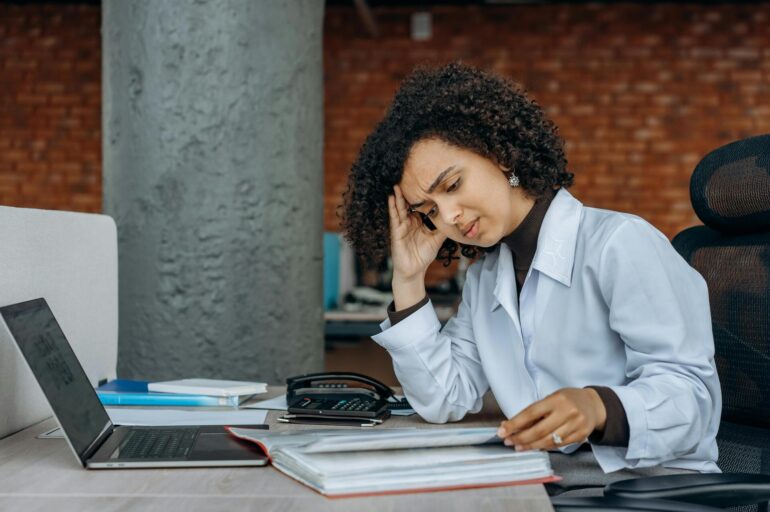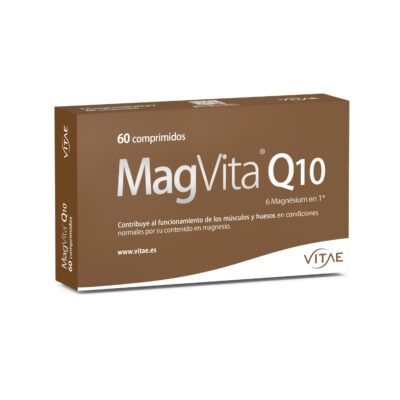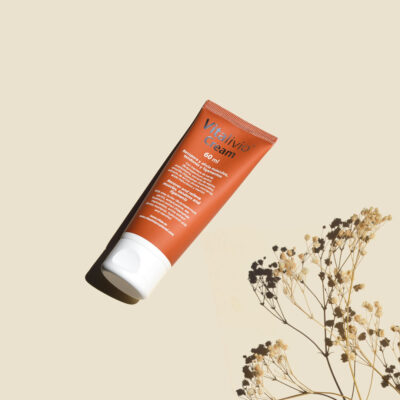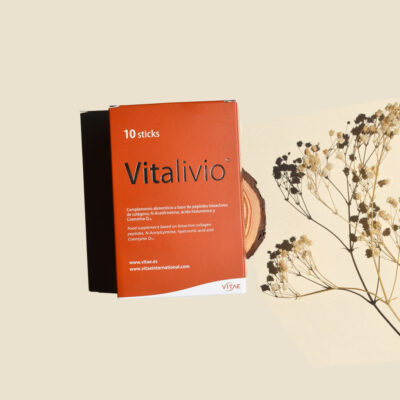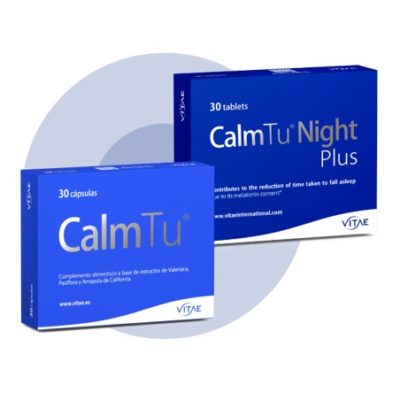Stress affects not only our mind, but also our body. One of the most common physical symptoms is anxiety muscle pain , which can appear constantly or sporadically and affect the quality of life. This article will help you understand why anxiety causes muscle pain, how to identify the symptoms, and what steps you can take to relieve them.
How do I know if my muscle pain is due to anxiety?
Signs that muscle pain is related to anxiety
Anxiety-related muscle pain is often accompanied by other symptoms such as neck and shoulder tension, general stiffness, and a constant feeling of discomfort. If these pains appear during periods of stress or anxiety attacks, it is likely that they are related to your mental health.
How long can muscle pain caused by anxiety last?
Duration of anxiety-related muscle pain
The duration of pain depends on the intensity and persistence of the anxiety. In some cases, the pain may disappear after the anxiety is relieved, but in chronic stress situations, the pain may last for weeks or even months.
Factors that influence pain duration (H3)
The level of anxiety, the ability to manage stress, and the physical predisposition of the person can influence how long muscle pain persists. Practicing relaxation techniques can reduce the duration and frequency of discomfort.
Causes of muscle pain due to anxiety
There are different causes related to anxiety and muscle pain, which are listed below:
- Muscle tension:
- Hyperventilation
- Incorrect posture
- Neuromuscular hyperactivity
- Amplified sensitivity
The relationship between anxiety and muscle tension
When you experience anxiety, your body enters a state of constant alert, which activates the sympathetic nervous system and causes muscle tension. This prolonged tension, without the opportunity for relaxation, can generate pain in areas such as the neck, shoulders and back.
Inflammation from prolonged anxiety
The release of stress hormones such as cortisol also contributes to muscle inflammation, which aggravates pain and stiffness. This inflammation can become a chronic condition if anxiety is not managed properly.
Common symptoms of muscle pain due to anxiety
Localized and generalized pain
Muscle pain from anxiety can affect only specific areas, such as the neck, or it can be more widespread, causing pain throughout the body. Other places where muscle pain from anxiety can be reflected include:
- Jaw: Being in a stressful situation can cause us to clench our jaw and the muscles around our mouth more than necessary.
- Frowning: When we feel tense or worried, it is common to frown. This gesture causes muscle tension in the forehead area and often triggers tension headaches.
- Neck and shoulders: from the neck to the shoulders we have the middle fibers of the trapezius, which, when we are tired or tense, tend to hurt.
- Back: When we are stressed or anxious, the muscles in the back area are affected, as they contract inappropriately, causing muscle contractures to appear.
Muscle spasms and stiffness
Involuntary muscle spasms, as well as a constant feeling of stiffness, are common symptoms of tension caused by anxiety. Stress or anxiety can cause this situation, as emotional tension triggers physiological reactions that negatively affect the muscles. It is necessary to be well hydrated, as a lack of intake of minerals such as magnesium and potassium can affect the muscles, as they play a crucial role.
Muscle fatigue
Prolonged anxiety not only leads to muscle tension, but also fatigue. This is because the muscles are in a continuous state of contraction without adequate rest. Anxiety causes overactivation of the nervous system, which can lead to physical and mental exhaustion.
How to relieve muscle pain from anxiety
In our daily lives we tend to work closely with anxiety and stress, which appear in different ways such as muscle tension or general discomfort. It ends up being a fish that bites its tail, since anxiety causes tension in the muscles and this discomfort increases stress. And there is a relationship between muscle pain and anxiety.
Relaxation and breathing exercises
Yoga, meditation and deep breathing exercises are effective methods for releasing accumulated muscle tension and reducing anxiety levels. Regular exercise not only helps the body stay healthy, but is also ideal for reducing muscle tension and injuries. When we engage in physical activity, our body releases endorphins, the happiness hormones, which in turn have a relaxing effect on the body and mind.
Practicing some physical activity for 30 minutes a day can considerably help our body to better manage stressful situations. As we said at the beginning, exercises such as walking, yoga, swimming, pilates, help our muscles to become stronger, which prevents involuntary muscle spasms.
Massage and physiotherapy
Therapeutic massage can help relieve tension in key muscles, while physiotherapy can offer specific exercises to improve mobility and reduce pain. Physiotherapy helps treat long-term musculoskeletal disorders and chronic pain, relieving muscle tension, stress contractures and bone spasms through massage and other techniques. It can relieve headaches and through relaxation techniques, significantly reduce the patient’s stress.
Natural supplements and dietary changes
Supplements such as magnesium and a diet rich in anti-inflammatory foods can help reduce muscle pain and stiffness caused by stress. Being mindful of what you eat won’t cure anxiety, but it can help you feel calmer. For example:
- Include protein in your breakfast: you will be satisfied for longer and your blood sugar will be at more normal levels, so you will have energy throughout the day.
- Complex carbohydrates: These types of carbohydrates are believed to increase serotonin levels in the brain, which generates a calming effect.
- Stay well hydrated: Not being well hydrated can affect your mood
- Avoid alcohol consumption: if you abuse alcohol you can become irritable and it will also interfere with your sleep.
- Limit or avoid caffeine: It can make you feel tense and nervous, and it may not help you sleep.
- Balanced diet: try to eat fruit, vegetables, fish rich in omega-3, such as salmon.
Prevention of muscle pain due to anxiety
Healthy habits to reduce stress
Incorporating moderate physical activity, practicing relaxation techniques and maintaining a good sleep routine can help prevent the onset of anxiety-related muscle pain.
Regular exercise helps release tension built up in the muscles and promotes relaxation, reducing anxiety due to the release of endorphins, the happiness hormone. Gentle stretching, such as yoga or pilates, can also help reduce muscle tension. Another technique is the practice of progressive muscle relaxation, which consists of tensing and relaxing different muscle groups systematically, starting with the feet and gradually moving up. This will help you end up completely relaxed and untense.
Another point to keep in mind is to eat a balanced diet rich in proteins, vitamins and minerals such as lean meats, fish, fruits, legumes and vegetables. All of this will help keep our muscular system strong.
Stress management techniques
Mindfulness, meditation, and cognitive behavioral therapy are effective tools for managing anxiety in the long term and preventing chronic muscle pain. Techniques such as breathing can help reduce anxiety and muscle tension. Another option could be massage and physical therapy, which involves receiving therapeutic massages or attending physical therapy sessions, which could help loosen muscle tensions due to anxiety and relieve muscle stress.
When to see a doctor for muscle pain caused by anxiety
Warning signs
If muscle pain persists for more than two weeks or is accompanied by other symptoms such as fever, swelling or extreme weakness, it is important to see a doctor to rule out other health problems.
Available medical treatments
In severe cases, your doctor may prescribe muscle relaxants or suggest more intensive treatments, such as physical therapy or behavioral therapy, to reduce pain and improve quality of life.
Conclusions on muscle pain due to anxiety
Muscle pain from anxiety can be debilitating, both physically and mentally, but with the right treatment and the implementation of healthy habits, it is possible to alleviate it. If you experience constant anxiety and muscle pain, try the strategies mentioned here and consider consulting a professional if the pain persists.
At Vitae we care about your health and that is why we try to offer the best of ourselves, providing valuable ideas for your daily life. Below, we bring you one of our suggestions to improve that muscle tension:
MagVita is a dietary supplement that contributes to normal muscle function thanks to its high-quality magnesium salt content. It is a supplement with high bioavailability based on 6 magnesium salts combined with vitamin B6 and taurine.
Vitalivio is a combination of bioactive collagen peptides, N-Acetylcysteine, hyaluronic acid and Coenzyme Q10 with high antioxidant power, recovery and repair of connective tissues such as cartilage, tendons and ligaments, protecting the joints. It helps protect against muscle, tendon and ligament discomfort.
FlexiVita Pro is a food supplement based on glucosamine sulphate, chondroitin sulphate, MSM, bamboo, turmeric, black pepper extract, manganese and zinc, which helps maintain joints, cartilage and tendons in good condition.
CalmTu is a food supplement based on standardized and titrated extracts of Valeriana officinalis (Valerian), Passiflora incarnata (Passionflower) and Eschscholzia californica (California Poppy) that helps achieve calm naturally and without side effects.

